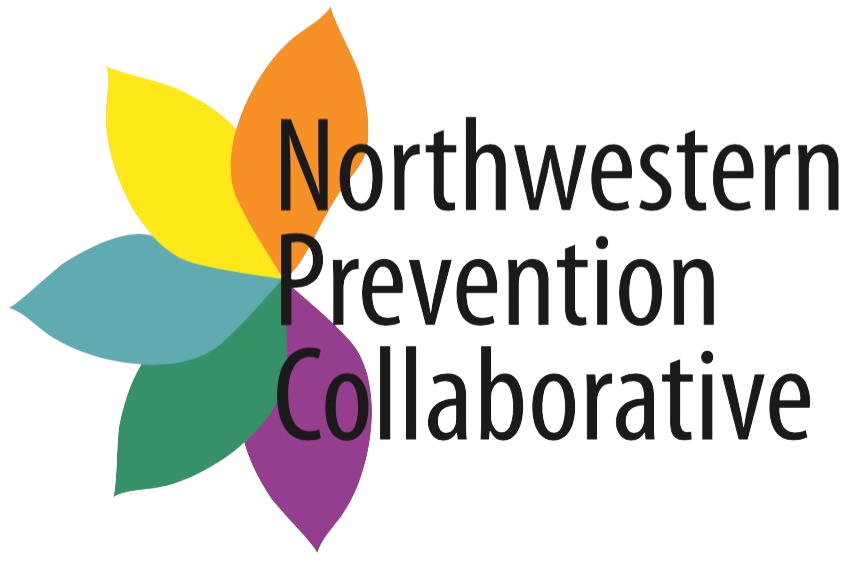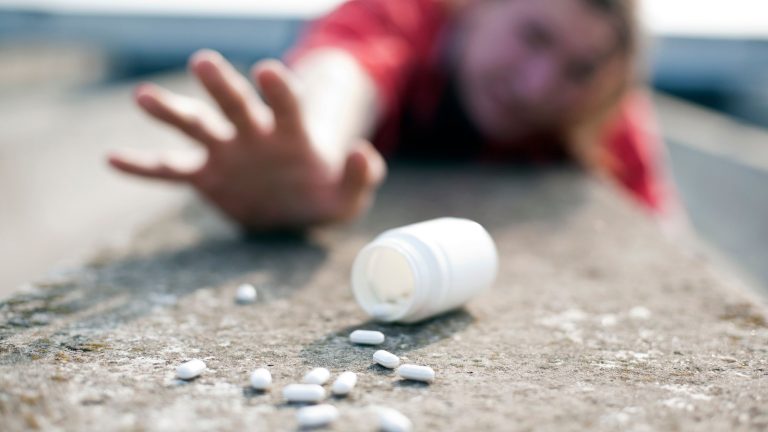Opioids are widely acknowledged as a dangerously addictive drug. This risk of developing an opioid use disorder, or opioid addiction, varies based on a wide variety of factors. These include genetics, past trauma, and environment, to name just a few. While research has provided a better understanding of these risk factors, there is still a lot to learn. What we do know is that long-term use will almost inevitably create at least an opioid dependence, which can lead to an opioid use disorder/addiction.
Defining Opioid Dependence
“Dependence occurs when the body has reached the point of relying on a continuous external source of opioids to prevent withdrawal syndrome,” as explained on Waismann Method Opioid Treatment Specialists & Rapid Detox Center’s website. This means that the body has become accustomed to having the opioids present, and it needs the outside influx in order to feel “normal.”
Think of this as similar to a caffeine addiction. If you are used to having several cups of coffee in the morning, you might find that without it, your mind feels sluggish or sleepy. Some people find it difficult to function at a basic level until after their first cup of coffee! This is because they have developed a dependence on, or tolerance for, the caffeine. Without it, they don’t feel “normal.” The same happens with opioids. The opioid receptors in the brain have adapted to that influx of external opioids. Without it, the brain registers that something is wrong.
Opioid dependence can develop very quickly. It is extremely likely to occur if you use opioids for six months or more, but it has also been recorded to have occurred after just five days of use, and there is a 13% increase in opioid dependence for people who used them for eight days or more. Again, many different factors impact whether the dependence occurs, including the strength and type of the opioid taken.
Signs of Opioid Dependence
The safest way to avoid an opioid dependence is to never take them at all, of course, but sometimes that is just not feasible. Therefore, it is important that you take them sparingly, only as absolutely needed, and never more often or in higher doses than what was prescribed. In addition, make sure that you get your prescription filled at an official pharmacy; purchasing opioids on the street is a dangerous risk, because many contain other chemicals or drugs that could be harmful, including fentanyl, which is responsible for more than 70% of opioid overdoses.
Another way to stay safe is to be aware of the physical symptoms/signs of opioid dependence. These signs may include:
- Constipation
- Cravings
- Emotional indifference (apathy)
- Euphoria
- Lack of energy/can’t get out of bed
- Small pupils
- Feeling normal only when taking opioids
- Feeling unhappy when not on opioids

Withdrawal Symptoms
Just as headaches are a common withdrawal symptom for caffeine, there are withdrawal symptoms for opioid dependence. If you experience these symptoms, you have most likely developed a dependence on the opioids. That does not necessarily mean that you have an addiction.
The withdrawal symptoms of opioid dependence may include:
- Abdominal cramping/pain
- Appetite loss
- Agitation
- Anxiety
- Body aches (muscle, joint, or bone)
- Diarrhea
- Dilated pupils
- Elevated heart rate
- Fever
- Goosebumps
- High blood pressure
- Irritability
- Nausea and vomiting
- Rapid heart rate
- Runny nose
- Sleeplessness
- Sweating
- Watery eyes
- Yawning
If you find that you cannot bear the withdrawal symptoms and it is compromising other areas of your life, you may have already moved into the opioid use disorder stage. If you suspect this is the case, it is important to get help as soon as possible. Talk to your doctor or visit the Resources section of our website.
Sources/More Information
https://substanceabuse.org/opioid-abuse/signs-of-opioid-dependence.html
https://www.withdrawal.org/prescriptions/opioid-withdrawal-signs-symptoms/

